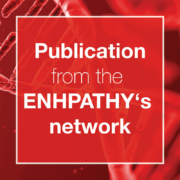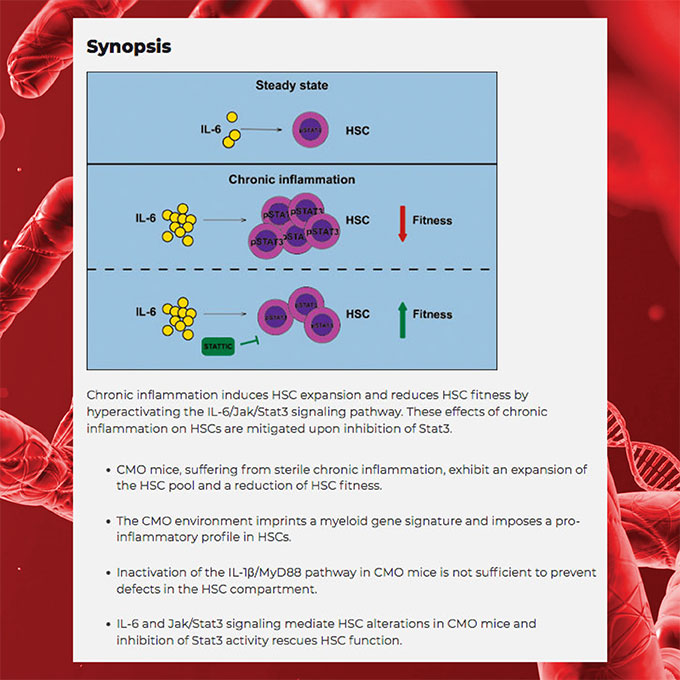Enhancers play a central role in the spatiotemporal control of gene expression and tend to work in a cell-type-specific manner. In addition, they are suggested to be major contributors to phenotypic variation, evolution and disease. There is growing evidence that enhancer dysfunction due to genetic, structural or epigenetic mechanisms contributes to a broad range of human diseases referred to as enhanceropathies. Such mechanisms often underlie the susceptibility to common diseases, but can also play a direct causal role in cancer or Mendelian diseases. Despite the recent gain of insights into enhancer biology and function, we still have a limited ability to predict how enhancer dysfunction impacts gene expression.
In this Perspective review published in the Nature Structural & Molecular Biology journal, the ENHPATHY researchers discuss the major challenges that need to be overcome when studying the role of enhancers in disease etiology and highlight opportunities and directions for future studies, aiming to disentangle the molecular basis of enhanceropathies.





